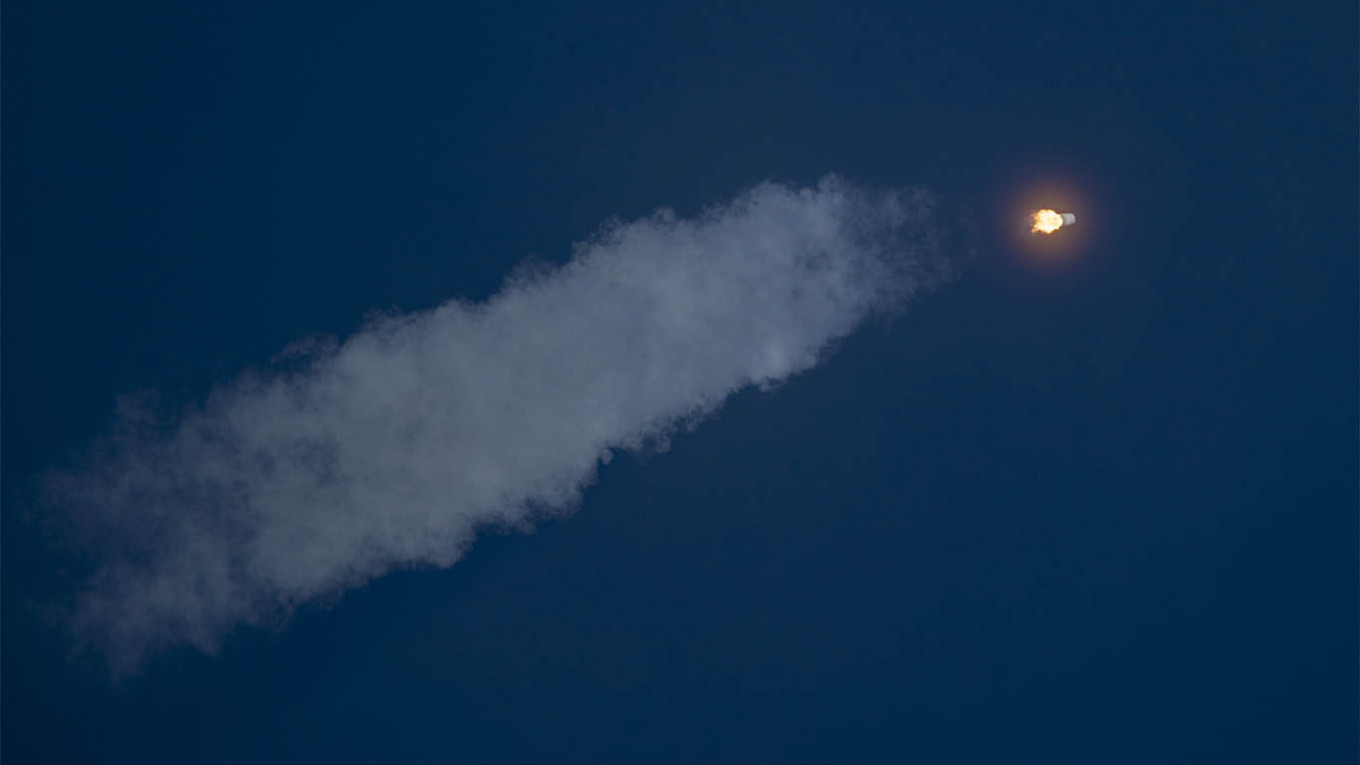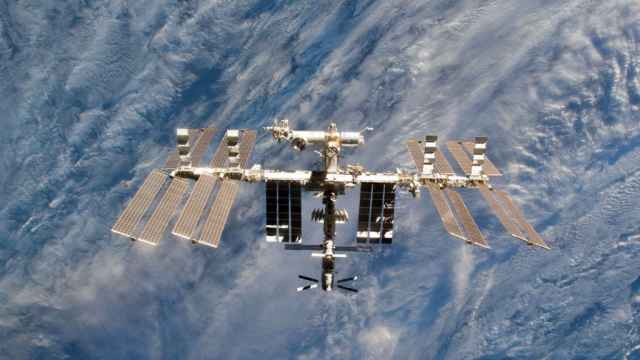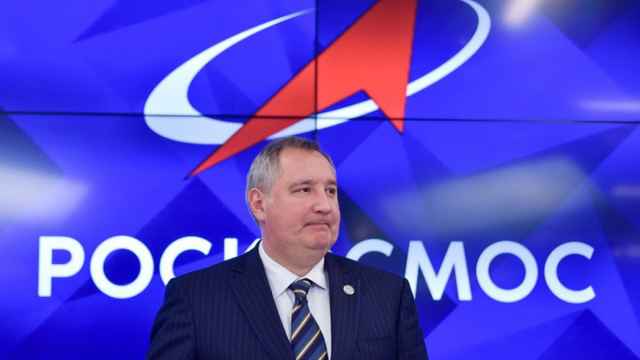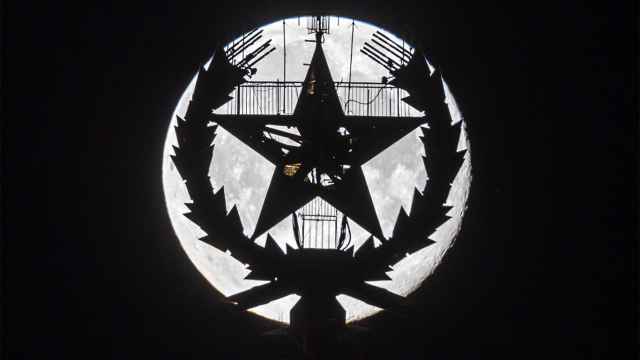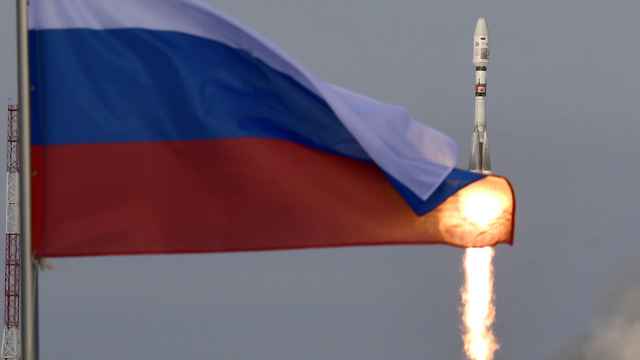Russia tested an anti-satellite weapon capable of destroying satellites in low orbit on Wednesday, U.S. Space Force chief Gen. John Raymond said, accusing Moscow of threatening U.S. space assets.
The direct-ascent anti-satellite missile test “provides yet another example that the threats to U.S. and allied space systems are real, serious and growing,” he said. In February, Raymond said a pair of Russian satellites had been following an American satellite in an “unusual and disturbing” manner.
“This test is further proof of Russia’s hypocritical advocacy of outer space arms control proposals designed to restrict the capabilities of the United States while clearly having no intention of halting their counterspace weapons programs,” Raymond said.
Moscow has not yet commented on the U.S. Space Force’s claim.
U.S. intelligence officials believe that Russia has conducted seven anti-satellite missile tests, the last coming in December 2018.
Analysts say Russia’s latest anti-satellite weapon launch from the Plesetsk Cosmodrome north of Moscow late Wednesday did not appear to hit any satellites.
Previous tests by other space powers, including China in 2007 and India in 2019, were said to have added dangerous debris to the cluttered low Earth orbit and pose a danger to other satellites.
U.S. President Donald Trump established the Space Force, an independent military branch under the Air Force, in December.
Trump signed an executive order earlier this month allowing commercial and the extraction of other resources in space. The Kremlin later denounced the idea of space colonization.
A Message from The Moscow Times:
Dear readers,
We are facing unprecedented challenges. Russia's Prosecutor General's Office has designated The Moscow Times as an "undesirable" organization, criminalizing our work and putting our staff at risk of prosecution. This follows our earlier unjust labeling as a "foreign agent."
These actions are direct attempts to silence independent journalism in Russia. The authorities claim our work "discredits the decisions of the Russian leadership." We see things differently: we strive to provide accurate, unbiased reporting on Russia.
We, the journalists of The Moscow Times, refuse to be silenced. But to continue our work, we need your help.
Your support, no matter how small, makes a world of difference. If you can, please support us monthly starting from just $2. It's quick to set up, and every contribution makes a significant impact.
By supporting The Moscow Times, you're defending open, independent journalism in the face of repression. Thank you for standing with us.
Remind me later.


